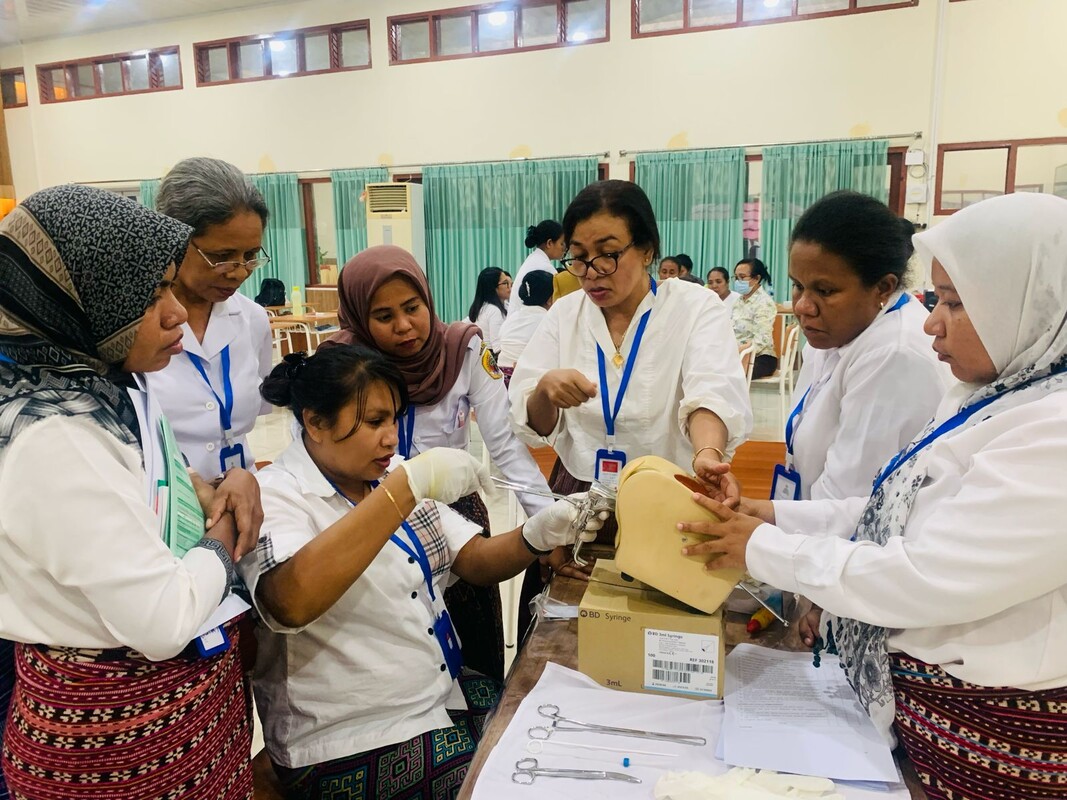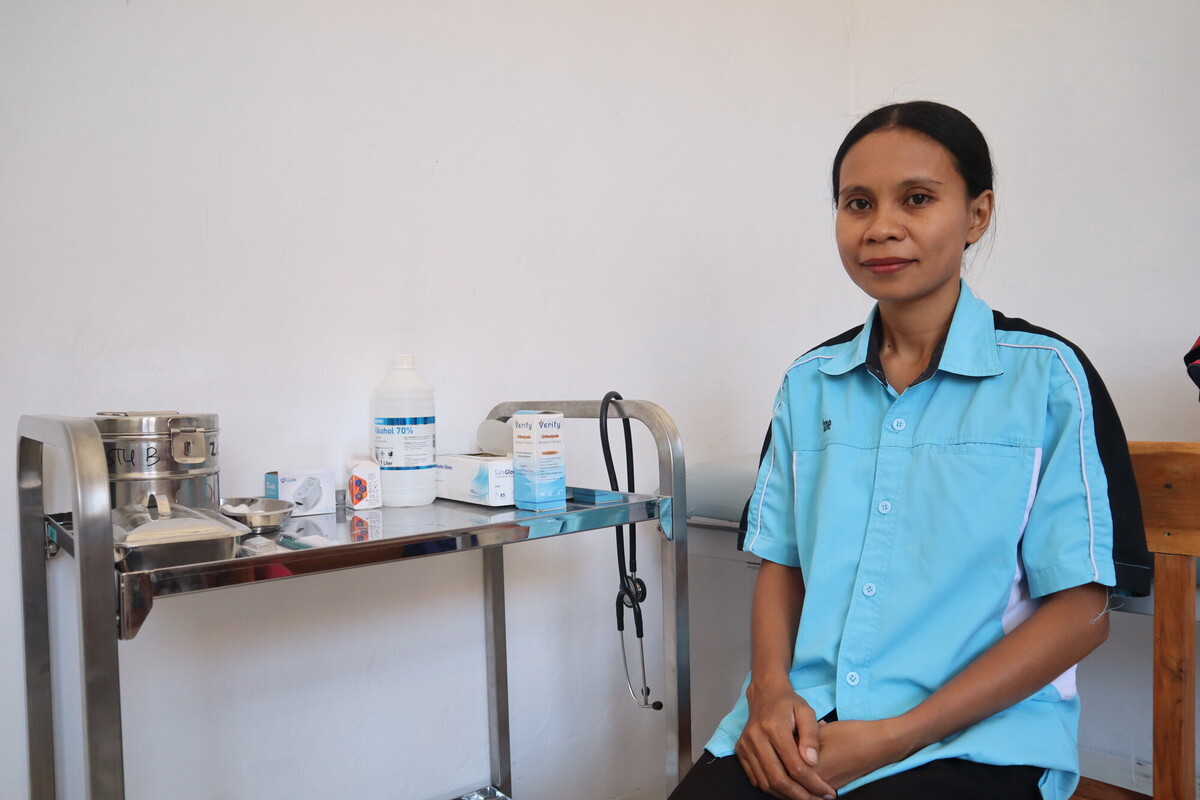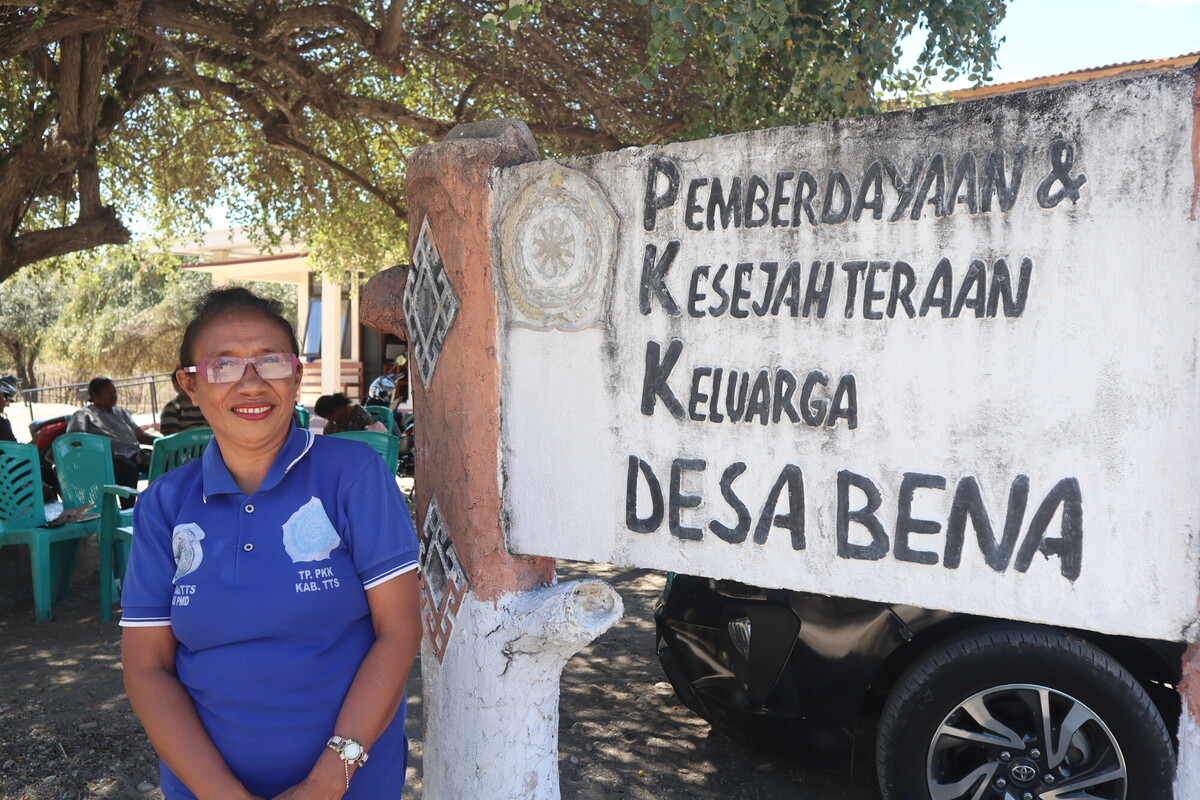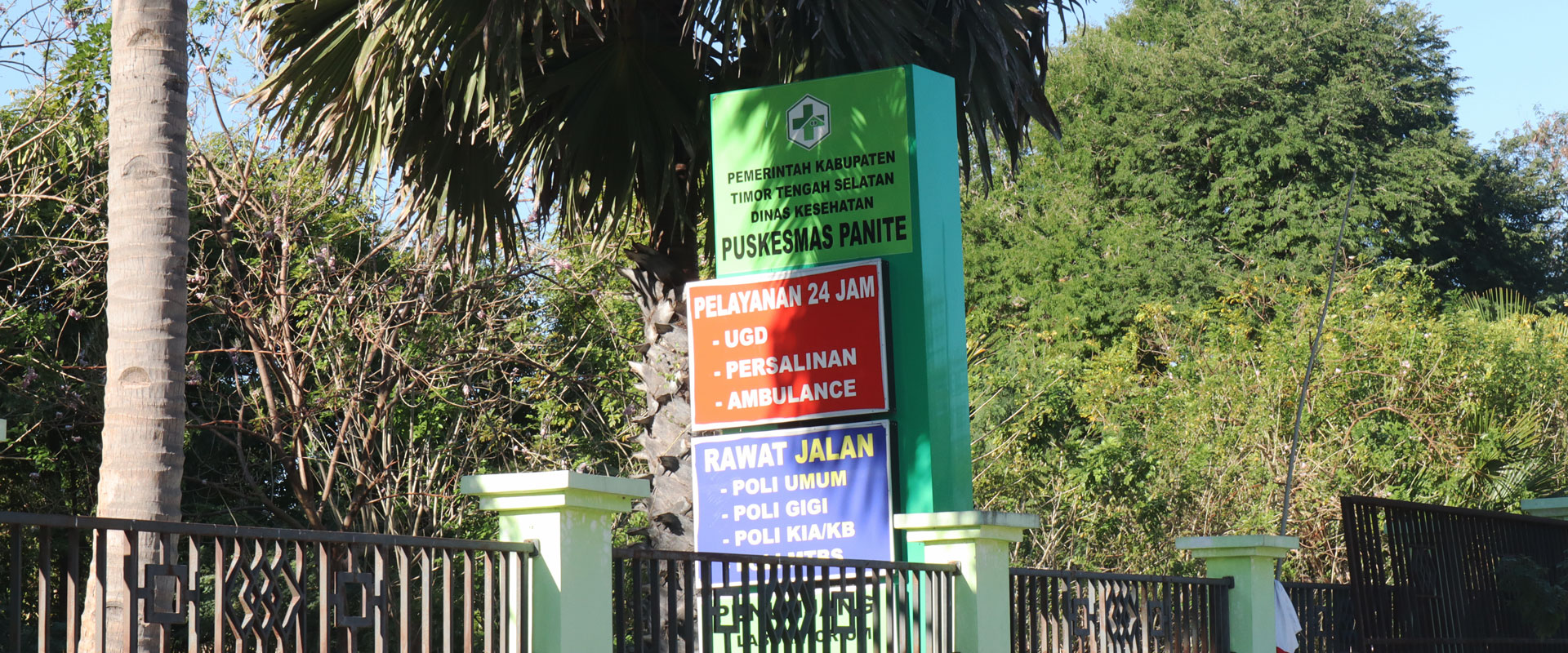Family Planning (FP) has been on the Indonesian government’s agenda since the 1950s. This program aims to prevent maternal and child deaths. However, access to FP services remains uneven across Indonesia’s 38 provinces. Geographic conditions, the quality of access to services, myths about contraceptive methods, and patriarchal culture continue to be significant challenges in achieving this program’s goals.
Ipas Indonesia is tackling this critical issue in three districts of East Nusa Tenggara (NTT), a province over 1,000 kilometers from Bali. According to the Indonesian National Family Planning Coordinating Board, modern contraception usage in this region was just 42.20% in 2022, falling significantly short of the national average of 59.40%.
A 2023 Ipas Indonesia’s Assessment conducted in NTT has shown that contraceptive use remains low because women often discontinue use after the first contraceptive usage. This issue is influenced by several factors including social and cultural myths, limited access, poor quality of existing services and limited support to family planning.
To address this challenge, Ipas Indonesia has launched the TAKENUSA (Tekad bersama untuk perempuan Nusa Tenggara, or “Collective Determination for Women in Nusa Tenggara”) program. This initiative focuses on two key strategies to broaden contraceptive access in the region. First, Ipas is providing targeted training for midwives, empowering them to deliver high-quality contraceptive services and support. Second, Ipas is partnering with local organizations to train local leaders and community health workers to disseminate contraceptive information.

Midwives in NTT participated in the family planning training in June 2023. © Ipas Indonesia
The training program, which involves 90 midwives in four groups from December 2023 to May 2024, has already made a significant impact. The training is expected to bring services closer to women and provide more contraceptive options, including long-term methods. Currently, many women in Nusa Tenggara must travel up to 10 kilometers to access contraception services. As of August 2024, the trained midwives have provided contraceptive access to 5,267 women.
One of the midwives and training participants, Yane M. Mallo, shared that the training has greatly boosted her confidence in delivering contraceptive services. Since graduating midwifery school in 2016, she had never practiced long-term contraceptive methods like implants.

Yane M. Mallo sitting in her office. © Ipas Indonesia
In NTT, injectable contraceptives and pills are the most chosen methods. Many people decided to use these methods due to myths circulating in the community. For instance, some still believe that a tubectomy is a procedure to remove the uterus. Others are hesitant to use implants because they fear that the implant might get lost inside their body.
Patriarchal culture hinders women’s access to family planning services
In addition to myths, women also face obstacles due to patriarchal culture, which restricts their ability to choose contraceptive methods. They often need to discuss their decisions with their husbands and obtain approval from their in-laws. As a result, many women struggle to manage their family planning effectively.
To address these challenges, Ipas Indonesia is partnering with three local organizations to train local leaders and community health workers who will empower women. These leaders are trained to disseminate accurate information about contraception and reproductive rights. They also engage with men to encourage support for their wives in using contraceptives.
“I have encountered many men who protested about why I support women’s rights. They say men are always blamed, even though they work hard to support their families. I respond that we are all created by God and are equally valuable,” said one community health worker named Yanne T.L. Beis.

Yanne T.L. Beis stands in front of the village office. © Ipas Indonesia
“I did not need to discuss the tubectomy method at length with my husband. He agreed because we both work—I’m a preschool teacher managing many children, and my husband is the village secretary,” Merci explained.
One community health worker noted that women are increasingly seeking information about contraceptive methods due to daily work demands. In addition to handling domestic chores, they also need to help their husbands with farming.
“Here, women do not just stay at home; they also work to support their husbands. During planting season, they must help out. If they do not, there won’t be enough food for the entire year. Managing many children adds even more stress,” she explained.

The residents’ cornfield in NTT. © Ipas Indonesia
The TAKENUSA project, supported by Takeda Pharmaceutical Company Limited, has been implemented in NTT since 2023. At Ipas Indonesia, we are continuously exploring optimal approaches to enhance access to family planning services and promote women’s autonomy in selecting contraceptive methods. We aim to facilitate women’s access to family planning and engage men in supporting gender equality in reproductive rights. To date, we have partnered with three local organizations and reached 27,775 women.
This program is also aligned with Indonesia’s commitment to the global FP2030 initiative. The Indonesian government’s vision is to provide voluntary and high-quality family planning and reproductive health services.



